by Mackenzie Rashid January 23, 2025
Maintaining a calorie deficit to stay at your desired weight can be challenging, especially if you’re aiming to do so in a healthy and sustainable way. Here are ten practical nutrition tips to help you stay on track without feeling deprived or overwhelmed:
Protein is essential for maintaining muscle mass, especially when you’re in a calorie deficit. It also has high thermic effect, meaning your body burns more calories digestging it compared to carbs and fats. Aim to include a source of lean protein, such as chicken, fish, tofu, or Greek yogurt, in every meal.
Fiber helps you feel full and satisfied while supporting digestive health. Incorporate plenty of vegetables, fruits, whole grains, and legumes into your meals. These foods are nutrient-dense and lower in calories making them perfect of a calorie deficit.
Sometimes thirst is mistaken for hunger, leading to unnecessary snacking aim to drink plenty of water throughout the day. Adding a slice of lemon or cucumber can make hydration more enjoyable.
Meal planning and preparation can prevent impulsive eating and help you stick to your calorie goals. Design meals that include a balance of protein, healthy fats, and carbs and prepare them in advance to avoid last-minute unhealthy choices.
Using a food diary or an app like MyFitnessPal can help you stay aware of your calorie intake. Tracking also helps identify any hidden calories in condiments, beverages or snacks.
Minimize processed foods, which are often calorie-dense and nutrient-poor. Instead, focus on whole foods like fresh produce, lean proteins, and whole grains, which keep you fuller for longer.
Skipping meals can lead to extreme hunger, which often results in overeating later. Stick to regular meals and snacks to keep your energy levels stable and hunger in check.
Beverages like sodas, sweetened teas, and even some juices can add up quickly in calories without making you feel full. Opt for water, unsweetened beverages, or low-calorie alternatives instead.
Even healthy foods can contribute to a calorie surplus if portions are too large. Use smaller plates, measure your servings, and learn to recognize appropriate portion sizes to stay within your calorie limits.
Strictly avoiding all treats can lead to feelings of deprivation and make it harder to stick to your plan. Include occasional indulgences within your calorie budget to maintain balance and satisfaction.
Hunger cues are important. If you’re constantly feeling hungry, it might be time to re-evaluate your calorie deficit. A moderate deficit that’s sustainable over time is better than an extreme one that leaves you feeling miserable.
Here is a great video that helps explain further.
Staying in a calorie deficit doesn’t mean you have to sacrifice the joy of eating or compromise your health. By prioritizing nutrient-dense foods, staying hydrated, and practicing mindful eating, you can maintain your desired weight in a way that feels good both physically and mentally.
And don't forget to visit DEXASCAN.COM to Establish Your Baseline to Better Health.
by Tia B September 23, 2025
by Mackenzie Rashid September 03, 2025
